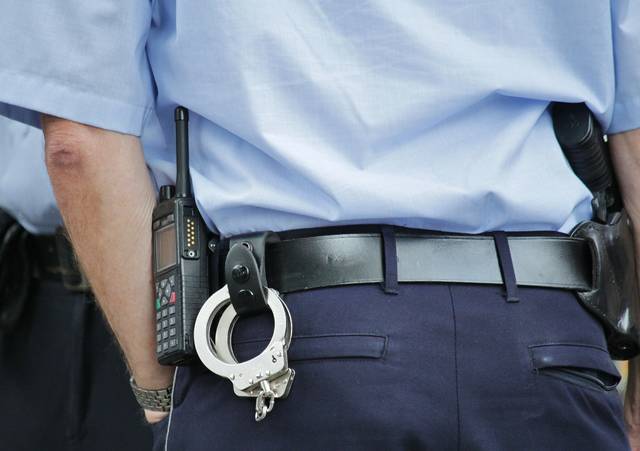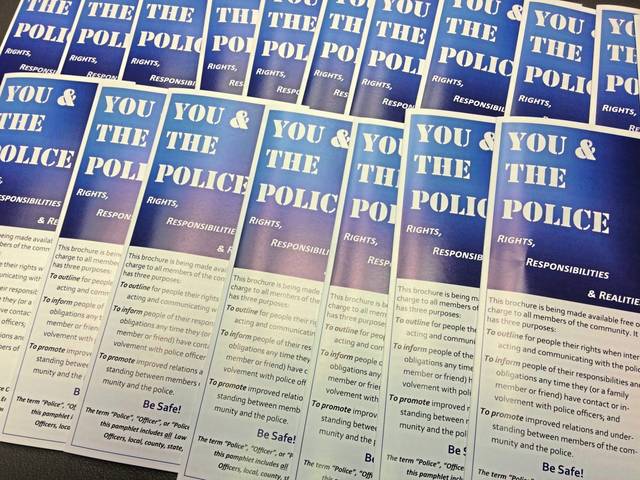New University of Pittsburgh research has found a correlation between public perception and police officers’ and firefighters’ job performance and that when community opinion sours, public safety officials become passive.
In the era of the Black Lives movement, the implications are important for community relations, particularly for police officers, the study’s authors said. Titled “ ‘I Want to Serve but the Public Does Not Understand:’ Prosocial Motivation, Image Discrepancies, and Proactivity in Public Safety,” the work was published last month in the academic journal Organizational Behavior and Human Decision Processes.
David Lebel, assistant professor of business administration at the Joseph M. Katz Graduate School of Business at the University of Pittsburgh and co-author of the study, said sometimes public safety workers have a perception that the public fails to understand the difficulties of their jobs. In those instances, he said, police officers and firefighters who otherwise would be motivated to serve the public instead become apathetic.
A police officer, for example, who ordinarily would get out of the patrol car to mingle with the public — a critical interaction for building the kind of rapport that leads to trust and better public safety — might decide to stay inside the cruiser.
Essentially, Lebel said, the relationship between public perception and job performance creates a negative feedback loop.
“I’m very concerned at the findings because we can’t control what the public thinks,” Lebel said. “I don’t know what the training looks likes, but I think the first step is talking to officers.”
Lebel and his co-author Shefali V. Patil from the McCombs School of Business at the University of Texas at Austin surveyed more than 600 total police officers and firefighters in 15 agencies and seven states, including Pennsylvania.
While local law enforcement officials didn’t put much stock in the study, others weren’t so quick to dismiss the findings.
Chris Togneri, spokesman for the Pittsburgh Bureau of Police, declined to comment on the specifics of the study. He said in an email that “PBP is committed to community outreach and building bridges with all residents, visitors and people who work in Pittsburgh, regardless of public perception.”
Greensburg Police Chief Chad Zucco said public perception does not affect officer performance.
“I would not dispute the findings in this study, as I am sure there could be officers who may feel like they are now fighting a losing battle,” Zucco said in an email, noting that police have always dealt with negative public perceptions. “However, in my mind I could see leadership bias or perceived leadership styles as much more likely to hinder performance.”
He said he believes leadership styles and an officer’s length of service likely play a greater role in job satisfaction and performance.
Jack Rinchich, president of National Association of Chiefs of Police and a former campus police chief and municipal officer with 40 years in law enforcement in West Virginia, said that “respect is a two-way street.”
Rinchich added, “The entire community is our eyes and ears. If we don’t have a good rapport with citizens, it makes it difficult for us.”
Beth Pittinger, head of the Pittsburgh Citizen Review Board, agreed.
“What has influenced the negative perception in the first place?” Pittinger asked. “Typically it’s police action.”
The way Rinchich sees it, the return to community policing, which Pittsburgh initiated two years ago, is a key component to rebuilding public trust.
“This interaction is critical,” Rinchich said. “It has to be genuine, not perfunctory.”











